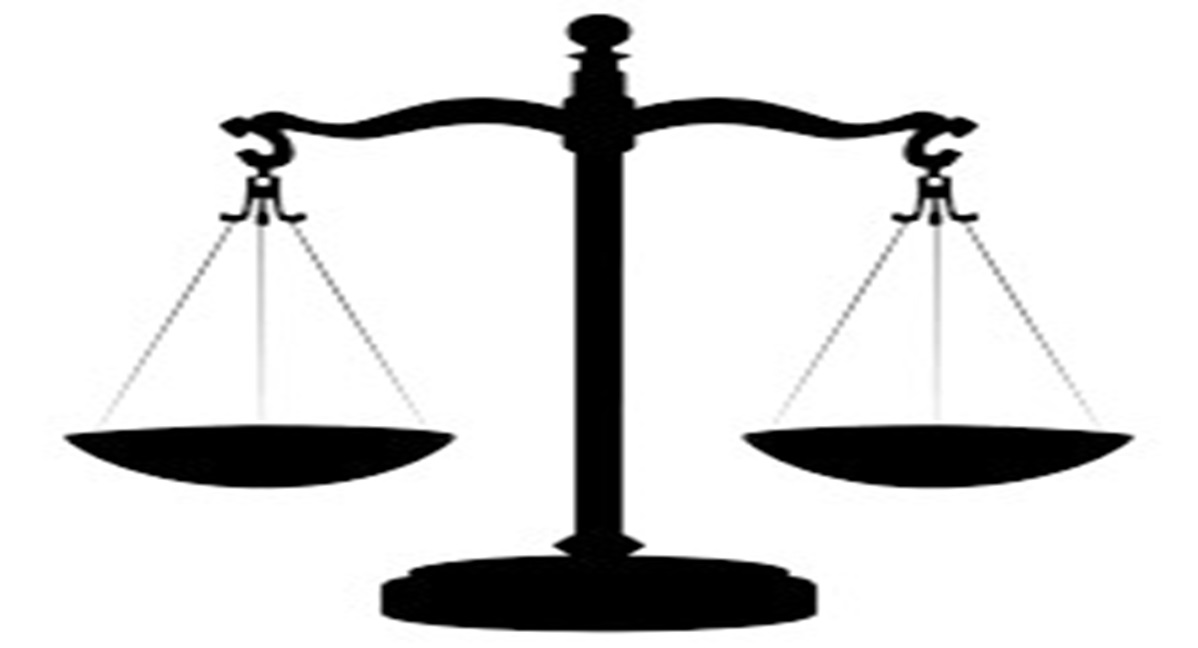By: Sulaiman Aruna Sesay
Sierra Leone is a country with immense potential for economic growth and development. However, despite its abundance of natural resources, its development has been severely hindered by corruption and underdevelopment, exacerbated by bad laws.
One of the most glaring examples of bad laws in Sierra Leone is the Mining and Minerals Act of 1994, which is riddled with loopholes that allow mining companies to evade taxation and engage in illicit activities.  Despite the potential of the mining sector to drive economic growth, these bad laws have resulted in the country losing out on much-needed revenue, and the mining companies perpetuating environmental and social injustices.
Despite the potential of the mining sector to drive economic growth, these bad laws have resulted in the country losing out on much-needed revenue, and the mining companies perpetuating environmental and social injustices.
The Public Procurement Act of 2004, which is designed to promote transparency and accountability in government procurement, has been undermined by corruption and nepotism. Bidders with political connections are often favoured over merit-based competitors, leading to the award of contracts to unqualified and underperforming firms.
These bad laws, along with a lack of political will to enforce them, have fuelled the growth of corruption in Sierra Leone. Corruption has permeated every level of society, from the judiciary to the police force to political parties. This has resulted in a lack of trust in public institutions and a perception that the system is rigged against the average citizen.
Corruption has also contributed to underdevelopment in Sierra Leone. Funds intended for public services such as healthcare and education are diverted for personal gain, and the quality of these services suffers as a result. This has profound consequences for the country’s human capital and productivity, exacerbating its economic challenges.
Bad laws in Sierra Leone have played a significant role in promoting underdevelopment and corruption. These laws have created opportunities for rent-seeking behaviour and have undermined the country’s ability to attract foreign investment. The government must prioritize the reform of these laws and the strengthening of institutions to promote accountability and transparency, to revive the country’s economy, and improve the lives of its people.












